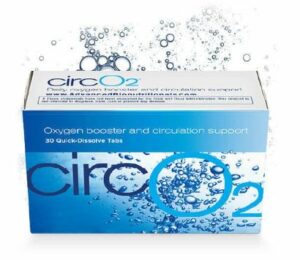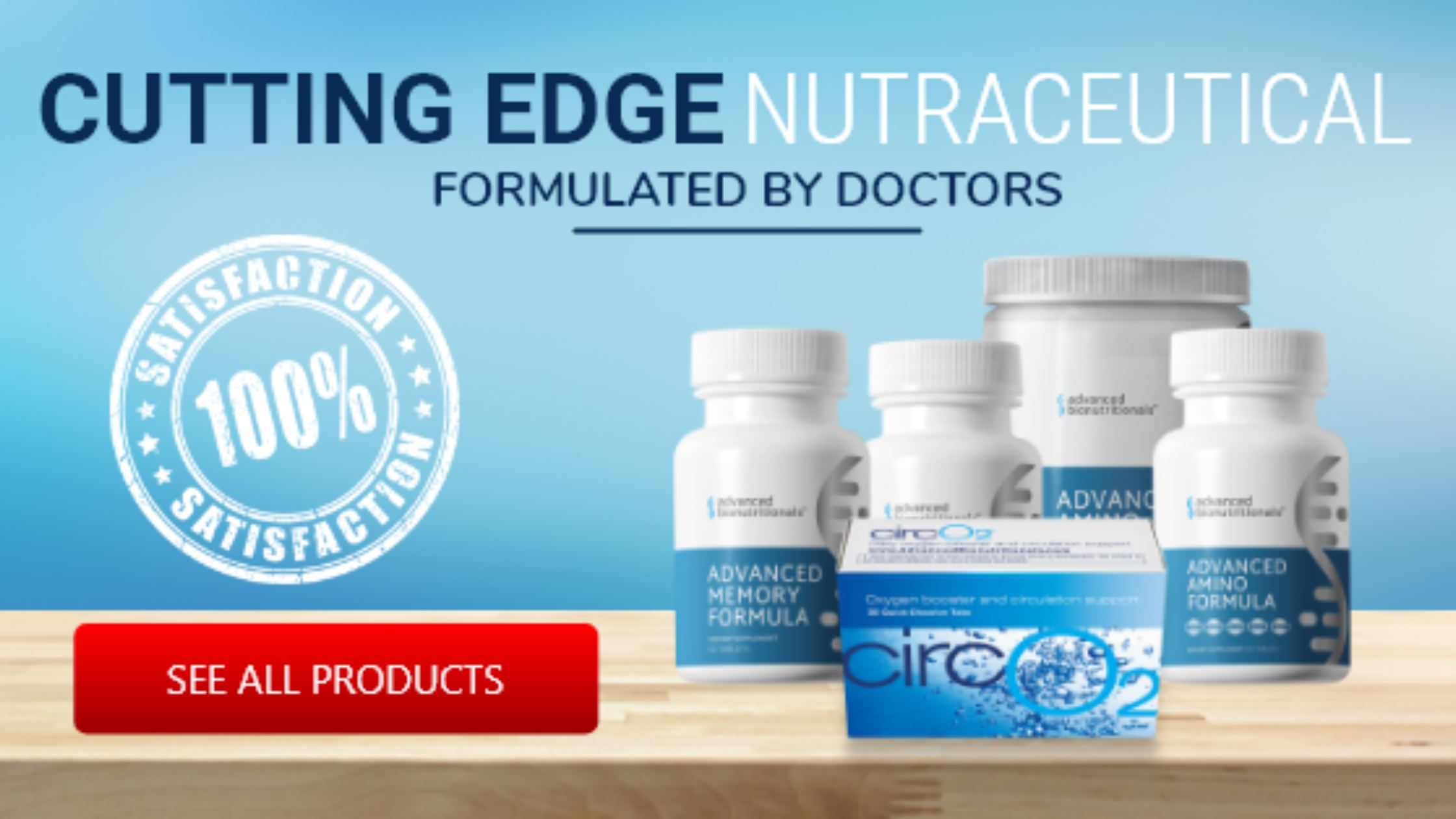Blood plays a crucial role in delivering oxygen and nutrients to every part of the body. Circulatory issues can lead to symptoms like cold extremities, muscle cramps, and fatigue. Additionally, poor circulation can impede wound healing and increase the risk of infection. So, can vitamins help improve blood circulation? Let’s fine out.
While no supplement can cure circulation problems, it may help alleviate symptoms. The effectiveness of these supplements will depend on the underlying cause and individual circumstances. Medication may sometimes be necessary to widen blood vessels or address underlying conditions.
Explore the possibilities of improving circulation with supplements.
Indicators of Circulatory Issues
Indicators of circulatory issues can include:
- Cold hands and feet
- Muscle cramps and fatigue
- Slow wound healing
- Tingling, numbness, or weakness in the extremities
- Changes in skin color, texture, or temperature
- Varicose veins
- Swollen legs, ankles, or feet
- Chest pain or heart palpitations
- Shortness of breath or dizziness
Nevertheless, these signs can also indicate other health problems. If you suspect that you have circulatory issues or experience any new or unusual symptoms, or have a pre-existing condition such as diabetes, it’s important to consult a physician for a proper diagnosis.
It’s important to note that these symptoms can also be caused by other health conditions and that a doctor should be consulted for a proper diagnosis.
Vitamins for better circulation
Supplements are not a cure for circulatory issues, but they may alleviate symptoms for some individuals or provide general support for cardiovascular health.
Capsaicin
Capsaicin is a compound found in chili peppers such as cayenne that is used in traditional medicine to improve circulation. Although there are limited studies on its effectiveness as a treatment, it is believed to act as a vasodilator by impacting TRPV1 receptors. However, it may cause side effects such as stomach pain, burning sensations, nausea, and bloating. It is also important to note that high doses of capsaicin may pose serious risks, especially for individuals with heart conditions.
Omega-3 Fatty Acids
Omega-3 fatty acids EPA and DHA can encourage the release of nitric oxide, which relaxes blood vessels and enhances blood flow. Some research suggests that Omega-3’s anti-inflammatory properties may improve blood vessel function and reduce the risk of cardiovascular disease. The FDA recommends taking no more than 5 g of EPA and DHA combined from dietary supplements per day.
Red Beetroot Powder
Red beetroot powder is rich in nitrates which the body converts into nitric oxide, helping to relax blood vessels and increase blood flow. A small study showed that participants who drank nitrate-rich beetroot juice experienced reduced blood pressure and blood vessel inflammation compared to those who drank a placebo.
Vitamin B3
Vitamin B3, also known as niacin, can support cardiovascular health, but there is limited evidence of its direct benefits for circulation problems. Flushed skin, a potential side effect of B3, suggests it may act as a vasodilator. The recommended daily upper limit of B3 is 35 mg.
L-Arginine
L-arginine is a semi-essential amino acid that, combined with folate, vitamin B6, and vitamin B12, may help release nitric oxide, improve blood vessel health, and reduce blood pressure. A study showed that taking these supplements produced significant improvements in blood vessel health, but taking L-arginine alone did not produce any changes.
Garlic
Garlic contains antioxidants and anti-inflammatory agents, such as allicin, that may help relax and widen blood vessels. A trial showed that taking garlic powder improved blood flow in the upper arm, but more research is needed to determine its benefits.
Curcumin
Curcumin, a substance found in turmeric, is a type of antioxidant that showed improved elements of blood vessel functioning in a study of middle-aged and older adults who consumed 2000 mg of curcumin daily for 12 weeks.
Nitric Oxide
Nitric oxide is a molecule that helps regulate blood flow by dilating blood vessels and reducing inflammation. Some studies suggest that increasing nitric oxide levels can improve circulation, especially in people with cardiovascular disease. This can be done through nitric oxide supplements, dietary changes, and lifestyle modifications. However, more research is needed to fully understand the effects of nitric oxide on circulation and its safety. It is important to speak with a doctor before trying any nitric oxide supplements to ensure they are safe and appropriate for your individual health needs.
Can Vitamins help with Circulation?
The effectiveness of supplements and vitamins for circulation problems is uncertain and varies based on the underlying cause. The evidence for some supplements is weak. Consulting with a doctor is crucial to understand the condition and possible causing and getting personalized recommendations based on overall health, age, lifestyle, and other factors. Keep in mind, supplements are not regulated by the FDA and may have harmful effects, so it’s best to consult a doctor before using them.
Other options for improving blood flow include
- Lifestyle changes: Regular exercise, eating a healthy diet, maintaining a healthy weight, and quitting smoking can all improve blood flow.
- Medications: If a circulation problem is caused by a disease, a doctor may prescribe medication to treat the underlying condition. For example, medications for high blood pressure, cholesterol, or diabetes can improve blood flow.
- Surgery: In severe cases, surgery may be necessary to remove a blockage in the blood vessels.
- Physical therapy: Physical therapy can help increase blood flow and improve circulation in areas injured or with limited movement.
- Massage therapy: Massage can help stimulate blood flow and improve circulation by promoting relaxation and relieving muscle tension.
It is important to consult with a doctor to determine the best treatment for your individual needs and conditions.
Conclusion: Can Vitamins improve circulation?
Several vitamins are claimed to improve blood circulation. Some, like capsaicin, beetroot powder, and Omega-3 fatty acids, may widen blood vessels and reduce inflammation. However, others may support blood vessel health.
It’s important to keep in mind that much of the research on these supplements is in its early stages, and it’s not guaranteed that taking them will have a direct effect on blood flow. Additionally, supplements can cause side effects and interact with other medications.
Individuals with circulation problems should consult with a doctor for personalized advice, and ensure that a supplement is safe for them to take.
Related Articles
Supplements to increase blood flow
Relaxing herbal supplements for a calming effect
Natural ways to increase blood flow








Pingback: Digestive supplements for gut health that works
Pingback: Does Circ02 Nitric Oxide work for the heart?
Pingback: Best Supplements for the enlarged prostate
Pingback: Integrative Digestive Formula: Gut Health Supplements
Pingback: How to improve your blood circulation
Pingback: Say goodbye to numb fingertips: Try these nerve vitamins
Pingback: Supplements for the enlarged prostate
Pingback: Neck tightening cream for women
Pingback: Get All Your Essential Vitamins in One Convenient Multivitamin
Pingback: Integrative Digestive Formula: Superior Gut Health Supplements